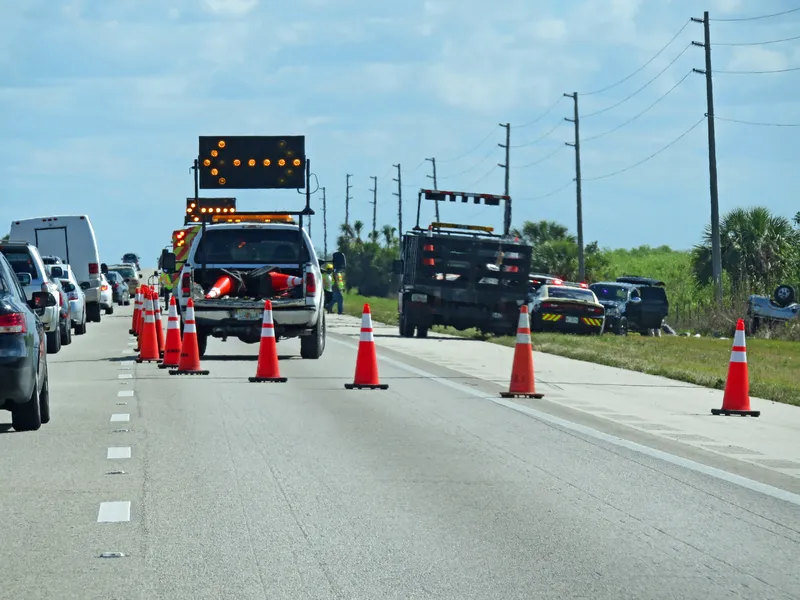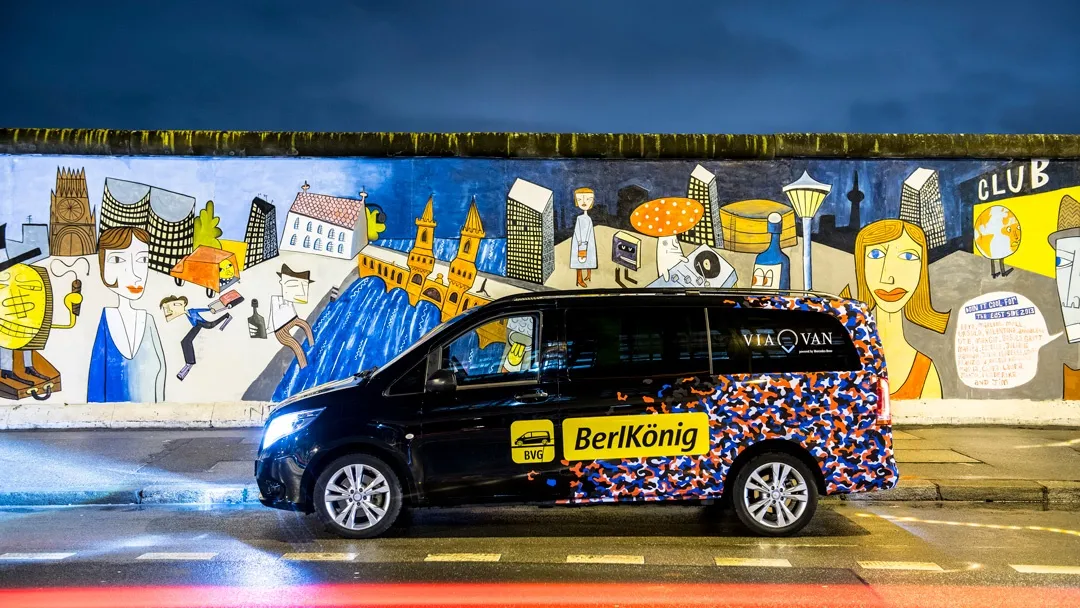
Florida Department of Transportation (FDoT) and One.network have agreed that the company will continue providing software and training for the statewide Lane Closure Notification System (LCNS).
The multi-year agreement will help keep road workers and drivers safe in work zones, said One.network.
The management and workzone data technology provider's deal with FDoT comes on the heels of a one-year LCNS pilot programme. One.network trained more than 2,000 employees and construction workers to use the Live Link app to map and publish 16,600 lane closures at construction workzones across all seven FDoT districts.
This was the first statewide deployment of worker-managed safety information sharing anywhere in the US, according to One.network.
FDoT’s LCNS enables authorised workers to share lane and road closure information with major navigation providers in the US via Live Link, right from the workzone and in near real-time. With a few clicks on a cell phone, workers can close and open the lanes, notify drivers of speed limit changes and announce the presence of workers.
Live Link also populates One.network’s map-based platform, said Simon Topp, chief commercial officer of One.network.
“For us, this is a major validation of our platform,” said Topp. “In the US, more than 800 drivers and workers are killed around road construction sites every year and FDoT recognised the opportunity to reverse that trend.”
One.network said that since the deployment began, other major agencies have expressed interest and some, including the Tampa Hillsborough Expressway Authority, a federally-designated connected and autonomous vehicle test bed, are using it.
He said traffic cones appear too late in the driver awareness cycle and often overhead warning signs come too early. “Our system notifies drivers about workzones with the right information at the right time and it’s managed by the people whose safety is on the line. That’s a powerful combination.”
One.network was recently acquired by UK-based Causeway Technologies.









